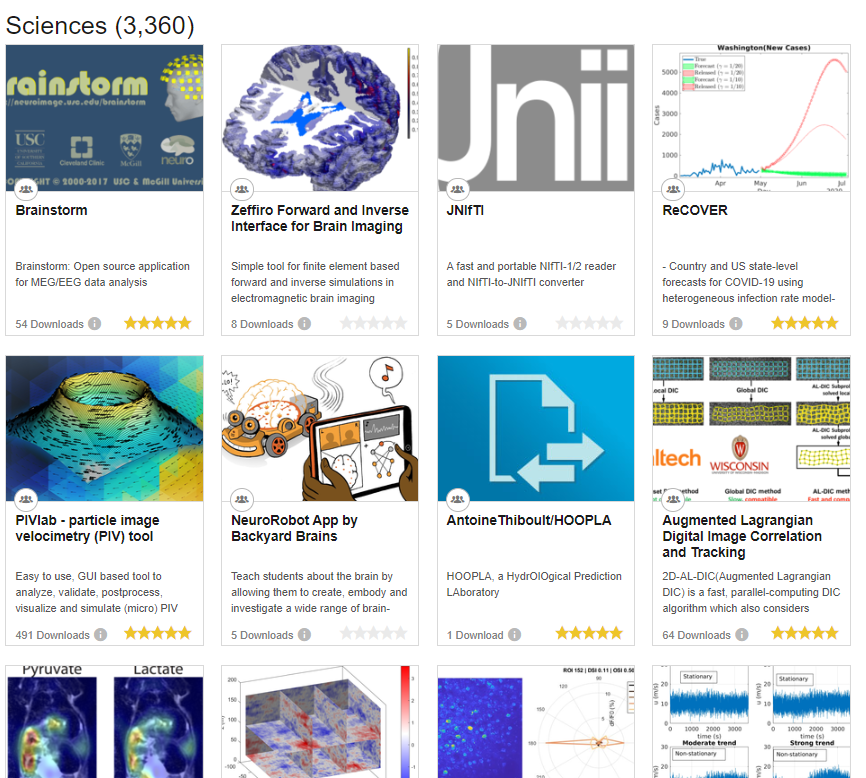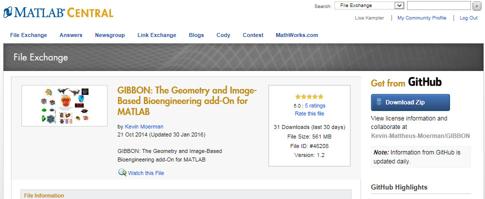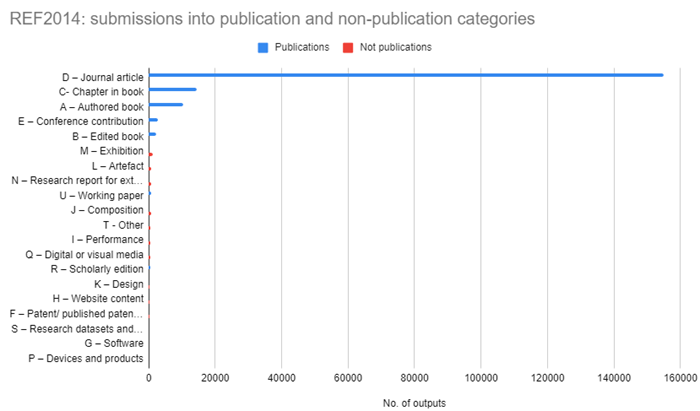Chan Zuckerberg Initiative Funding Open for MATLAB Community Toolboxes
Today’s post is a guest entry from Vijay Iyer, Neuroscience Community Liaison at MathWorks.
MATLAB users in research have a long tradition of sharing their code with others to use, learn from, extend, and build upon. Sometimes, the research community code grows and coalesces into community toolboxes. These projects, driven by research experts, are distributed under open-source licensing and they achieve broader reach and greater impact by providing structured and extensible frameworks of shared code for specialized research needs. Their impact is often further enhanced by important attributes beyond the code, such as extensive documentation, user forum support, and community-building activities. Many MATLAB research community toolbox projects can be found on the File Exchange sharing site and in GitHub repositories.
Major impacts, but sustainability challenges
In some cases, community toolboxes grow to have foundational roles in their research fields. In Neuroscience, for example, several major MATLAB community toolboxes emerged just as the Internet arrived to facilitate tool sharing. These include tools for brain data analysis, such as the SPM toolbox and EEGLAB, and for experiment control, such as the Psychophysics Toolbox. Each toolbox has been cited over 10,000 times by other researchers, as tracked by Google Scholar.
Despite the great impact of such tools, research community toolboxes have often struggled to obtain funding for their maintenance and continued improvement. Just when their usage and impact are growing, they’re often no longer considered as basic research, which limits their access to research funding.
The Chan Zuckerberg Initiative takes a big step
In recognition of this fundamental gap, the Chan Zuckerberg Initiative (CZI) has launched the Essential Open Source Software for Science (EOSS) grant program. These grants provide funding to begin to sustain – and to further strengthen –impactful research software tools in the biomedical research fields.
Notably, the CZI program recognizes the myriad needs of research community toolbox projects. These include many aspects of the code itself – its capabilities, robustness, and design – as well as important aspects beyond the code, such as documentation, usability, and community.
As the CZI launches the third cycle of their EOSS program, we’re pleased to pass along their confirmation that MATLAB community toolboxes are fully eligible for this program. We hope all the authors of high-impact community toolboxes for the biomedical sciences will consider applying for CZI EOSS program funding.
We applaud the CZI for bringing strong attention to the essential role that community toolboxes play in biomedical research. An important longer-term conversation about research software sustainability is just beginning, and we plan to contribute.
Show support for your favorite research community toolboxes
We’re proud of the thousands of established and emerging MATLAB community toolboxes helping to support basic scientific research, in the biomedical sciences and other fields.
Do you work in research? Does your work rely on a MATLAB community toolbox? If you haven’t already, consider taking a moment to mark your appreciation. You can rate or comment on their File Exchange entry, favorite their GitHub repository, or simply share a shout-out or note of appreciation in the comments below. And if you think the toolbox could be a good candidate for the CZI EOSS program, please also let us know.
Supporting community toolbox authors
As tool-building has become more important for our research and applied users alike, we have been deepening our support for related workflows in MATLAB, including ongoing improvements to our language constructs, app design capabilities, and code and project management facilities. Additionally, we now offer free testing and continuous integration for public projects on GitHub. Community toolbox projects can also take advantage of recent usability enhancements, such as integrated documentation and live scripts. And projects with Big Data use cases can tap the unlimited scaling to clusters and clouds now available to academic users.
As a former Neuroscience community toolbox author myself who scrambled for needed funding to make important improvements, this challenge is personal for me. The CZI EOSS program is one of my top priorities this summer, to help other community toolbox authors succeed. I’m making myself available to help applicants to develop their work plans, and I can connect them to our technology experts where needed to discuss new capabilities relevant to their projects. These efforts should lead to many strong – and several successful – applications to the EOSS program.
- Category:
- File Exchange,
- Toolboxes
 Cleve’s Corner: Cleve Moler on Mathematics and Computing
Cleve’s Corner: Cleve Moler on Mathematics and Computing The MATLAB Blog
The MATLAB Blog Guy on Simulink
Guy on Simulink MATLAB Community
MATLAB Community Artificial Intelligence
Artificial Intelligence Developer Zone
Developer Zone Stuart’s MATLAB Videos
Stuart’s MATLAB Videos Behind the Headlines
Behind the Headlines File Exchange Pick of the Week
File Exchange Pick of the Week Hans on IoT
Hans on IoT Student Lounge
Student Lounge MATLAB ユーザーコミュニティー
MATLAB ユーザーコミュニティー Startups, Accelerators, & Entrepreneurs
Startups, Accelerators, & Entrepreneurs Autonomous Systems
Autonomous Systems Quantitative Finance
Quantitative Finance MATLAB Graphics and App Building
MATLAB Graphics and App Building









Comments
To leave a comment, please click here to sign in to your MathWorks Account or create a new one.